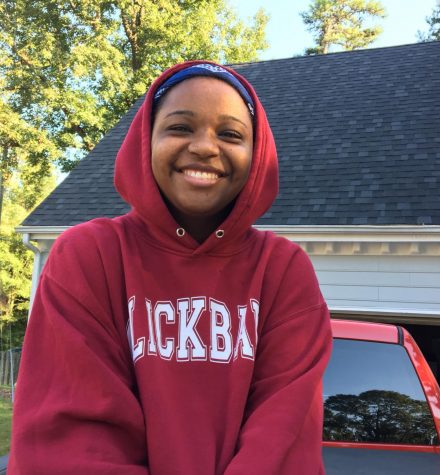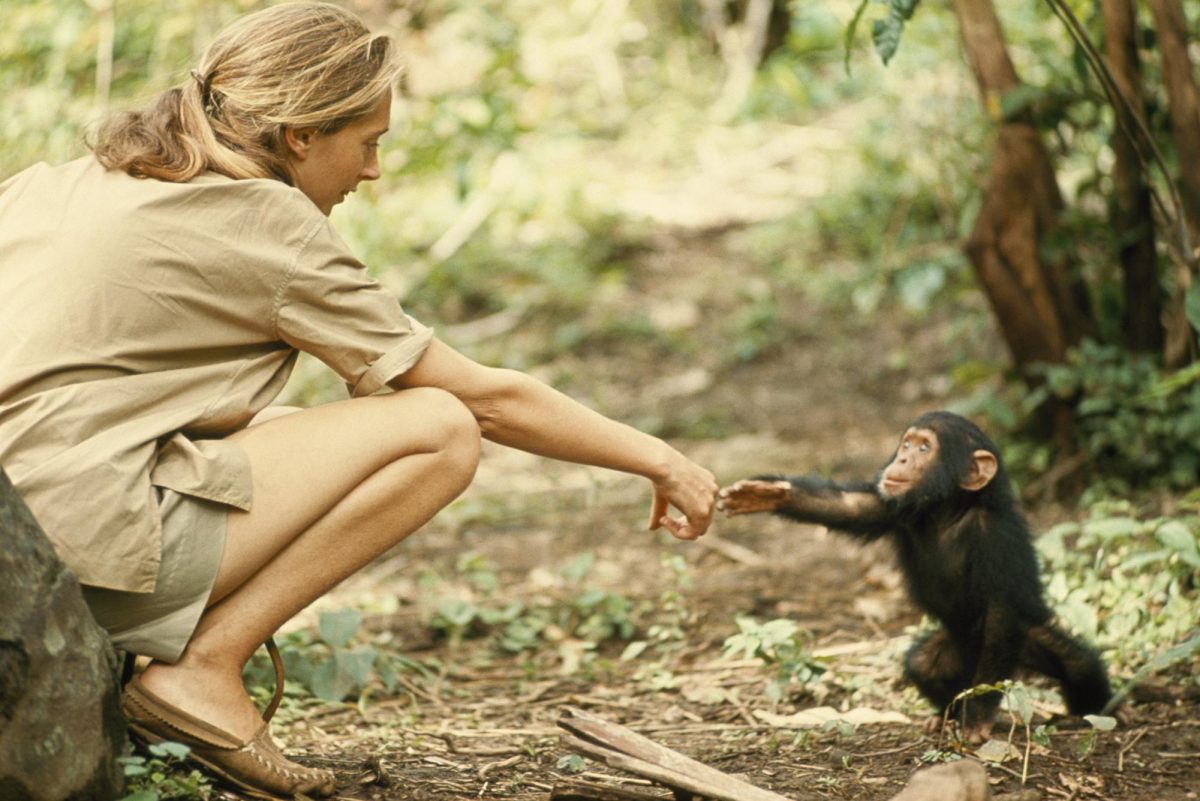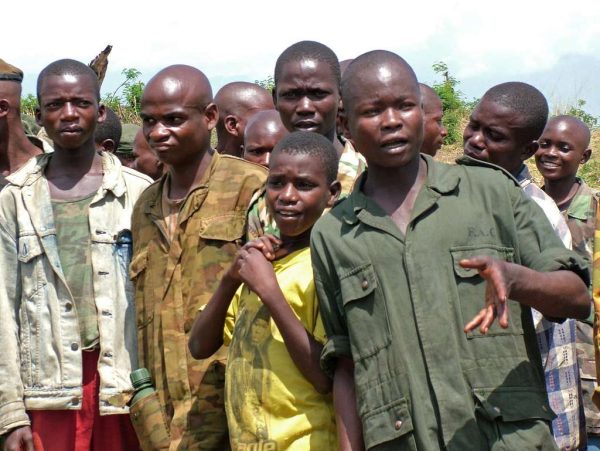Wildcats, Be Aware!: Tik Tok
Taking over every teenager’s phone, TikTok has become a well-known app that is used to create and share videos. However, regardless of how fun it is, TikTok has had some issues recently with maintaining and filtering comments and inappropriate behavior such as name-calling and stereotyping that can be harmful to others to watch.
November 4, 2019
Sksksk, and I oop. If you have spent any time on TikTok lately, you have definitely heard of the phrase “save the turtles,” “shut up Heather” and “stupid boy think that I need him.” Tiktok is an app that allows teenagers to create a 15 to 60-second video, upload, and share with everyone. Popular videos appear on the timeline/ForYou page, and once the app is loaded, it is an endless loop of watching, scrolling, and watching. You can scroll through videos in subcategories, such as comedy, or you could message, comment, and follow other users.
Formally developed in Shanghai by two Chinese entrepreneurs, TikTok was newly released in 2016 and experienced a great boost in its number of users. With over 500 million users worldwide and 120-300 million active monthly users, TikTok’s innovative new way to share, create, and express oneself created a name for itself and is now known as an open virtual stage where almost any type of content can be accepted. The most prevalent age demographics on the app range from 16 to 24.
Since TikTok’s successful launch, the app has recently shown that filtering certain videos and behavior is harder than imagined. In India, TikTok was even temporarily banned from app stores due to the material being too suggestive and inappropriate. A timeline of the events that occurred shows how exposure of harassment affected a 24-year-old and other citizens in India. On October 17, 2018, a male who dressed in female attire supposedly committed suicide after receiving hateful comments on his video. The Madras High Court in India then discussed openly on February 11 that the app encourages the degradation of culture and regulates and normalizes inappropriate behavior. Unfortunately, TikTok is one of the many platforms that has gained a grasp on the psyche of future young adults.
The app has attempted to down videos, but the ability to reupload makes the process difficult and impossible to fully control. Privacy settings, restrictions, and permission for some downloading have successfully secured millions of accounts, but breaches in personal information continues to be one of the major issues on their new software. Along with catcalls and harassment towards certain demographics, exposure to that type of behavior enables and creates trends and ripple effects everywhere. It is important to be mindful of what sharing videos actually does. Senior Suzy Malone said, “Personally I haven’t experienced that side of TikTok, and I wasn’t aware that this was going on. Some people can truly be evil, and I am disappointed. Hopefully, this does not become a consistent problem on TikTok because, for the most part, it does make me happy.”
As many can agree, TikTok is quite popular and fun, but for a small reality check, users may not be recognizing how harmful exposure to some videos may be. Just a day ago, while browsing through the platform, viewers could see a child videotaping a family argument. He aggressively asked his mother for his Xbox back, and not respecting her answer, he filmed himself snatching the laptop from her and violently smacking her laptop beyond use with a golf club outside in his backyard. Another example would be the term eBoy and eGirl. For E-girls specifically, the term is not only belittling, but it creates the idea that they have an online persona. This, in the long run, maybe stressful to maintain and potentially image destroying. Maybe TikTok is developing ways to control negative behavior, but for now, it is up to TikTok’s users to act and react to some trends differently.











